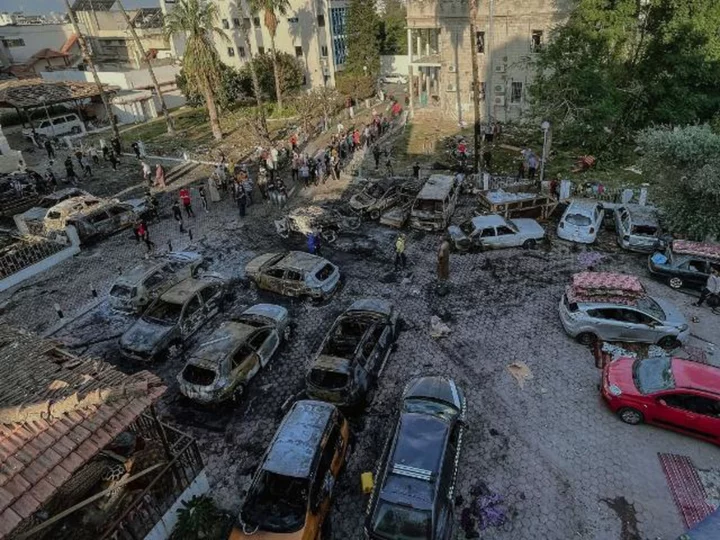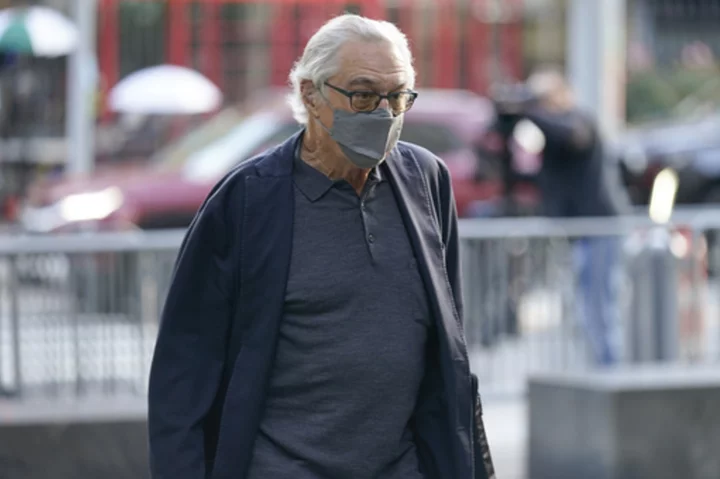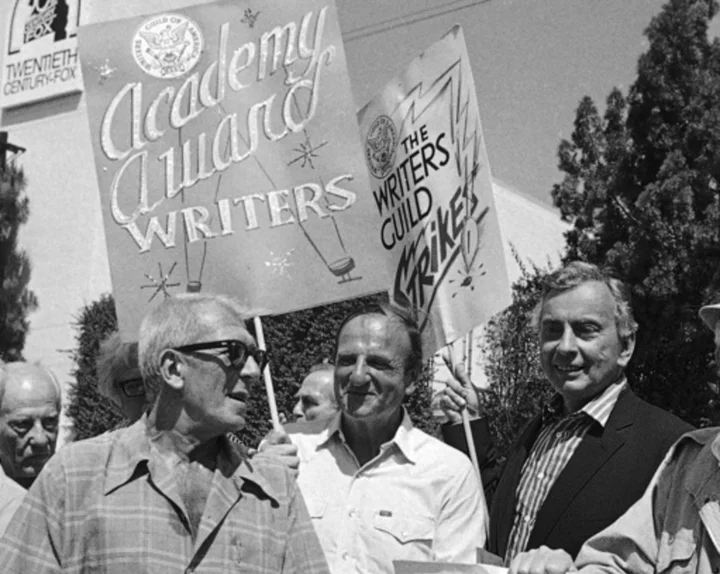Most news organizations seem eager to sweep last week's negligent coverage of the Gaza hospital explosion under the rug, moving on from the low moment covering the Israel-Hamas war without admitting any mistakes.
While The New York Times and BBC — both of which faced enormous scrutiny for their coverage of the blast — have in recent days issued mea culpas, the rest of the press has remained mum, declining to explain to their audiences how they initially got an important story of such great magnitude so wrong.
On Monday, I contacted the major news organizations that amplified Hamas' claims, which immediately assigned blame to Israel for the blast that it said had left hundreds dead. Those organizations included CNN, the Associated Press, Reuters, Al Jazeera, and The Wall Street Journal.
Did these outlets stand by their initial reporting? Was there any regret repeating claims from the terrorist group? Since the explosion, one week ago Tuesday, Israel and the U.S. have assessed that the rocket originated in Gaza, not Israel. Additional analysis from independent forensic experts, including those contacted by CNN, have indicated that the available evidence from the blast was inconsistent with the damage one would expect to see from an Israeli strike.
But if there was even a morsel of contrition from news organizations that breathed considerable life into Hamas' very different version of events, it hasn't been shown. A spokesperson for The WSJ declined comment. Meanwhile, spokespeople for the AP and Al Jazeera ignored my inquiries.
Reuters, which initially reported that Israel had struck the hospital, citing a "civil defense official," stood by how it covered the unfolding story, conceding no blunders in the process. A spokesperson told me that "it is standard practice for Reuters to publish statements and claims made by sources about news in the public interest, while simultaneously working to verify and seek information from every side."
"We make it clear to our readers that these are 'claims' made by a source, rather than facts reported by Reuters," the spokesperson for the wire service told me. "In the specific instance of the fast-breaking news about the attack on the hospital in Gaza, we added precise details and attribution to our stories as quickly as we could."
CNN went even further. Not only did the outlet amplify Hamas' claims on its platforms at the outset of the story, but its initial rolling online article definitively stated — with no attribution to any party — that Israel was responsible for the lethal explosion. The story was later edited, but the error was never acknowledged in a correction or editors' note. While it is common for news outlets to update online stories as new information becomes available, when errors are made, standard practice is to acknowledge them in formal corrections. A CNN spokesperson declined to comment specifically on the online story when reached Monday.
In response to my larger inquiry on the network's broader coverage, the CNN spokesperson pointed me to the forensic analysis it published over the weekend indicating the explosion was inconsistent with an Israeli strike. Like Reuters, CNN admitted no fault in its coverage of the blast.
Which makes what the BBC and The Times have done in recent days stand out. While the rest of the press has sought to move on from the journalistic fiasco, the British broadcaster and Gray Lady have charted a different course.
The BBC said in a statement posted online last week, "We accept that even in this fast-moving situation it was wrong to speculate in this way about the possible causes and we apologise for this, although he did not at any point report that it was an Israeli strike."
And The Times published a lengthy editors' note on Monday, confessing its early coverage "relied too heavily on claims by Hamas, and did not make clear that those claims could not immediately be verified."
"The report left readers with an incorrect impression about what was known and how credible the account was," The Times added.
Bill Grueskin, a renowned professor at Columbia Journalism School, told me Monday that he believes that each outlet that gave credence to Hamas' version of events should put out similar notes explaining to their audiences precisely how things went awry behind the scenes. (I should note that Grueskin didn't believe that The Times' note went far enough, questioning, among other things, why it took almost a week to issue its mea culpa.)
"The notes should be signed; they should provide a more detailed understanding of how their newsroom managed to not just get it wrong at the first moment but why it took so long to scale back; and they should be more explicit about what they got wrong since most readers can't be expected to recall all the details," Grueskin said.
Indeed, one of the crucial differences between newsrooms and less reputable, unreliable sources of information is that newsrooms issue corrections and accept fault when it occurs. When news organizations err, it is expected that they own up to their mistakes.
Grueskin pointed out, however, that "newsrooms often find it easier to correct a misspelled middle name than a collapse in verification standards on a major, breaking-news story."
"It's easier to address a simple, common mistake than one that goes to the heart of how a news organization is built to handle breaking news in a contested environment," Grueskin added.
That might be true. But it doesn't mean that it should be acceptable.









